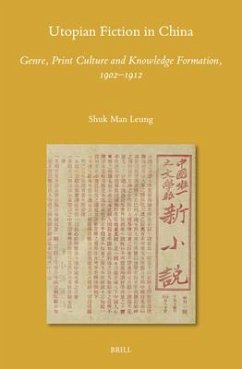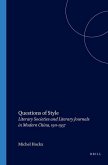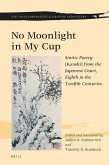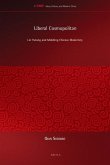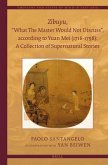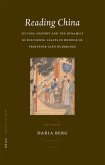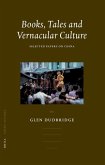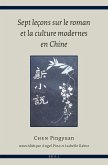"Unlike previous studies that have examined the late Qing utopian imagination as an ahistorical motif, a literary theme, and a translation phenomenon, in this book Shuk Man Leung considers utopian fiction as a knowledge apparatus that helped develop Chinese nationalism and modernity. Based on untapped primary sources in Chinese, English, and Japanese, her research reveals how utopian imagination, blooming after Liang Qichao's publication of The Future of New China, served as a tool of knowledge formation and dissemination that transformed China's public sphere and catalysed historical change. Embracing interdisciplinary approach from genre studies, studies on modern Chinese newspapers and intellectual history, this book provides an analysis of the development of utopian literary practices, epistemic meanings, and fictional narratives and the interactions between traditional and imported knowledge that helped shape the discourse in early 20th century China"--
Hinweis: Dieser Artikel kann nur an eine deutsche Lieferadresse ausgeliefert werden.
Hinweis: Dieser Artikel kann nur an eine deutsche Lieferadresse ausgeliefert werden.

